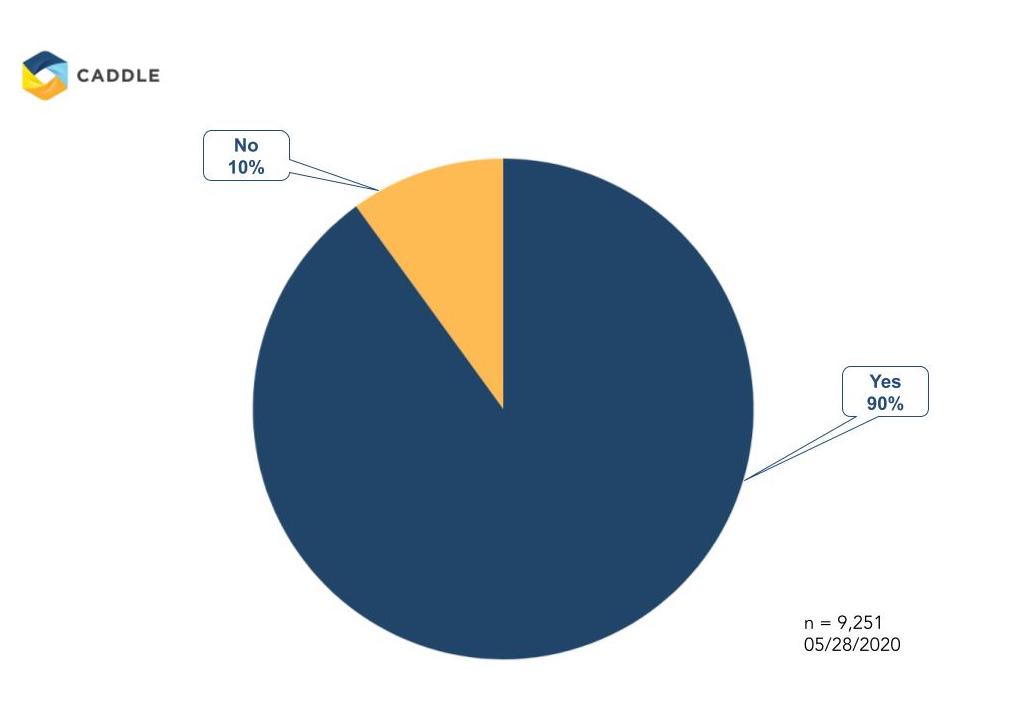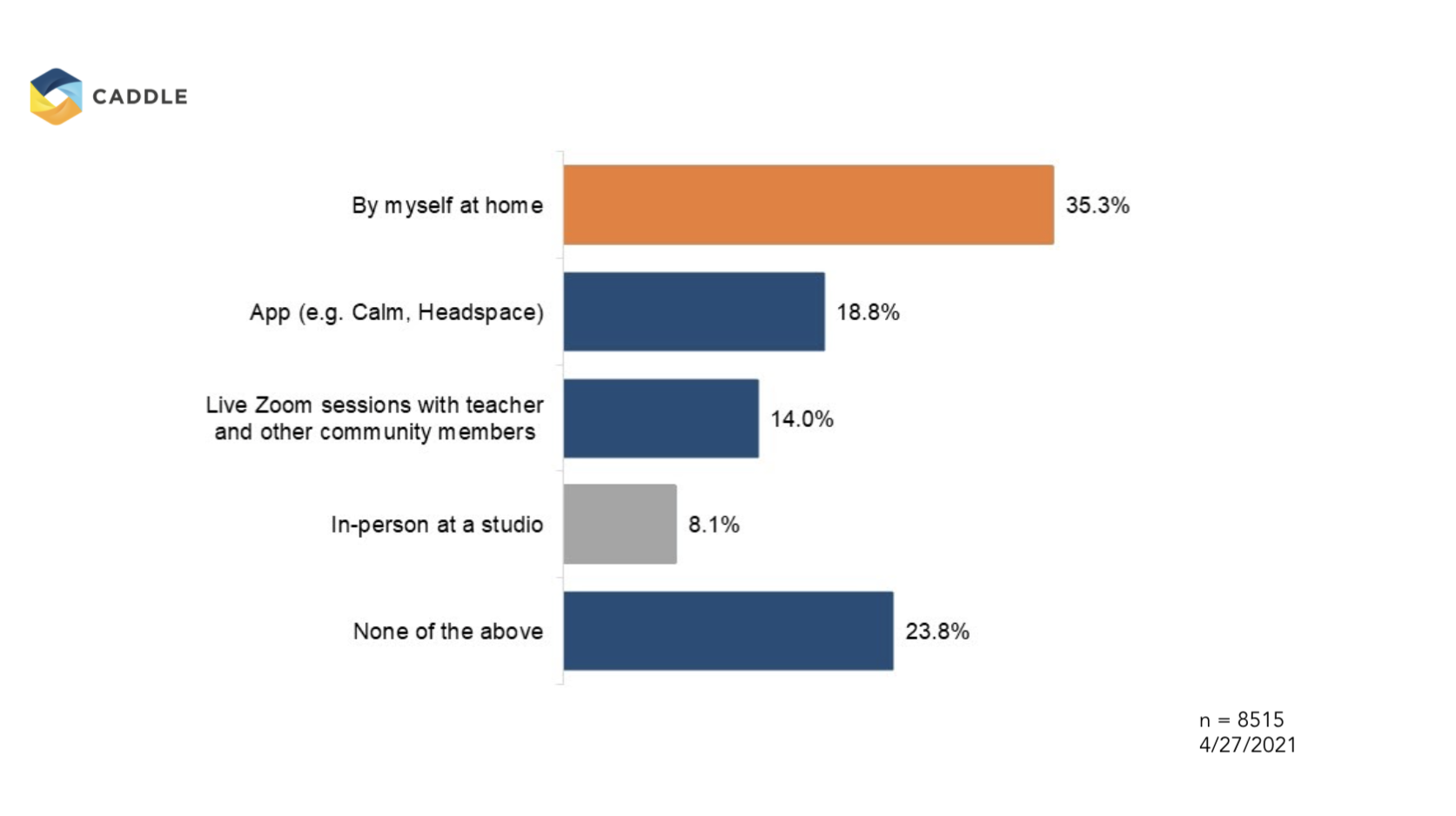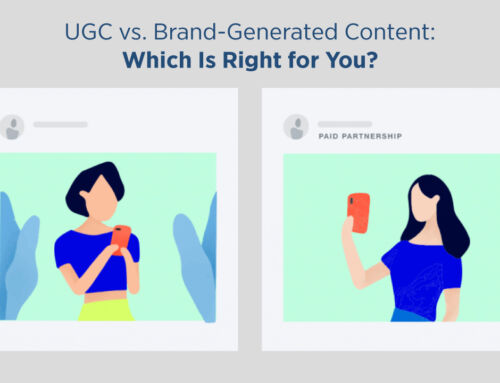Last updated on July 6, 2021
At its broadest, sustainability is “development which meets the needs of the present without compromising the ability of future generations to meet their own needs”.
Canadians have by and large been held up as sustainability-conscious consumers.
Back in 2017, a report from the Business Development Bank of Canada showed that more Canadians were integrating environmentally responsible practices into their lifestyles—
and they expected companies to do the same.
Whether it’s recyclability, biodegradability, less waste going into landfills… Caddle wanted to test the assumptions that Canadians are environmentally driven. We were also curious as to whether Canadians would keep to their values in the face of pandemic restrictions that make it harder to lead an environmentally conscious lifestyle.
Did you know?
Caddle® is the largest daily and monthly active panel in the Canadian market.
And so,
Caddle dug into consumer sentiments and behaviour on sustainable practices and products. Let’s start with
whether Canadians really do consider sustainability in their daily lives.
Sustainability is important to the vast majority of Canadians.
Do Canadians Actually Care?
Back in May 2020, the answer was a resounding ‘yes’—across all demographic groups and regions.
Would you say environmental sustainability is important to you?

Does Consumer Sentiment on Sustainability Actually Influence Behaviour?
While many Canadians raise clear concerns about sustainability practices, their actions don’t always match —especially during COVID-19. Let’s look at how sustainability figures in Canadian consumers’ daily lives.
Use of Plastics
While 60% of consumers were concerned about the increased use of plastic during COVID-19 (especially Gen Zers and Millennials),
50% of respondents are using the same amount of plastic compared to pre-pandemic,
and almost
1 in 4 consumers are using more!
(Gen Zers and Millennials over-index at 26.5% and 25.7% respectively).

Curiously,
consumers in British Columbia—the stereotypically eco-conscious—seem to be the least aligned with sustainability efforts. Though B.C. consumers expressed the greatest concern with the global increase in plastic use, they also reported the
highest % of single-use plastic usage since the pandemic began!
In contrast, Maritimers—who draw tourism dollars for its scenic landscapes like the West Coast—walk the sustainability talk a bit more, over-indexing on lower plastic use in general.
Use of Plastics in Shopping
Most consumers are either “frustrated” or “indifferent”
about not being able to make use of reusable shopping bags in-store.
Would you say environmental sustainability is important to you?

Who’s Most Frustrated of All?
Millennials (26%), though they’re also among the most indifferent consumers, tied with Gen Zers (at 28.2% and 28.5% respectively) and outflanking older generations for “indifference” by at least 3 points.
Meanwhile,
more than 50% of all consumers “strongly agree”
they’ll go back to shopping with reusable bags after the pandemic.
Would you say environmental sustainability is important to you?

Who is least likely to go back to reusable bag use?
Gen Z! If you guessed the youngest generation, you’re right.
Sustainable Packaging
About 1 in 4 of all consumers find environmental sustainability “very important” when purchasing a product; this holds true across all demographic and geographic groups.
Consumers are especially interested in environmentally sustainable packaging for produce purchases. 80% of consumers suggest it’s “somewhat important”/“very important.”

In fact,
more than 40% of consumers are willing to pay up to 5% more for produce that is packaged sustainably,
though more so among older generations. Consistent with earlier findings, this suggests older consumers either have more dollars to spend on sustainable products OR have greater intent to do so.
Reusable packaging is the strongest influence in purchasing a new product—
though the younger the consumer, the less they seemed to value reusable packaging.
Is this further indication that Canada’s youngest generations place more emphasis on other elements of sustainable consumption?

Finally, 40%
of Canadian consumers are likely to switch brands
if their preferred company didn’t make environmentally sustainable packaging. Note* packaging is a relevant concern for eco-conscious consumers.

KEY TAKEAWAYS
No. 1 | Canadian Consumers Care About the Type of Packaging that Manufacturers Use.
Canadian consumers don’t just think sustainable packaging is more important; many consumers (particularly older generations) would pay more
for sustainably packaged products and they’d ditch their preferred brands if they aren’t offered in environmentally sustainable materials.
The opportunity is ripe for retailers to increase share of wallet
by expanding their assortment of products that are packaged using sustainable and/or reusable materials.
And for retailers with white-label assortment: adapting packaging now to more sustainable options isn’t just a good environmental choice;
it may help you to better compete with global brands, too.
No. 2 | Younger Consumers Think About Sustainability Differently.
We’ve heard talk for years (and have copious evidence to back it up!) about how
Gen Zers and Millennials are leading the charge on environmental issues. Yet,
our results indicate that many of the measures we typically associate with “capital-S Sustainability” just don’t seem to mean as much to Canada’s younger consumers.
The fact of the matter is,
if you’re truly going to understand the thinking and behaviour of any demographic—whether Gen Z or the Greatest Generation or anyone in between
—you need plenty of good, reliable data.
And so, it’s incumbent on retailers and manufacturers to continue to work with partners like Caddle to gather as much broad-spectrum data as possible, if they’re going to really
get into the heads, hearts and wallets of these up-and-coming change-makers.
No. 3 | COVID-19 is Affecting Canadians in Surprising Ways
Perhaps it’s just the malaise we’re all feeling from the seemingly never-ending restrictions and changes to life as we know it. And you’d think with lockdowns and restricted comings-and-goings, people would be using less plastic—especially if they eschewed single-use plastics pre-pandemic.
But,
up to 25% of Canadian respondents report using more single-use plastics now than before the pandemic struck.
This signals to us that
the pandemic will continue to throw some surprising curveballs at retailers and product manufacturers
in the coming months. To manage, retailers should maintain a holistic assortment of products and services. That way, regardless of inconsistencies that may occur between sentiment and behaviour, they’re still catering to as wide a population as possible at any given time.
Looking to know more about consumers and their views, intentions and habits towards plastics and sustainability? Contact us today.
*Disclaimer: all data presented is owned by CaddleⓇ and has a Margin of Error of 1% or lower.
Get better business insights, faster, with Caddle.
Want more Caddle Insights? Sign up to our email list!





Leave A Comment